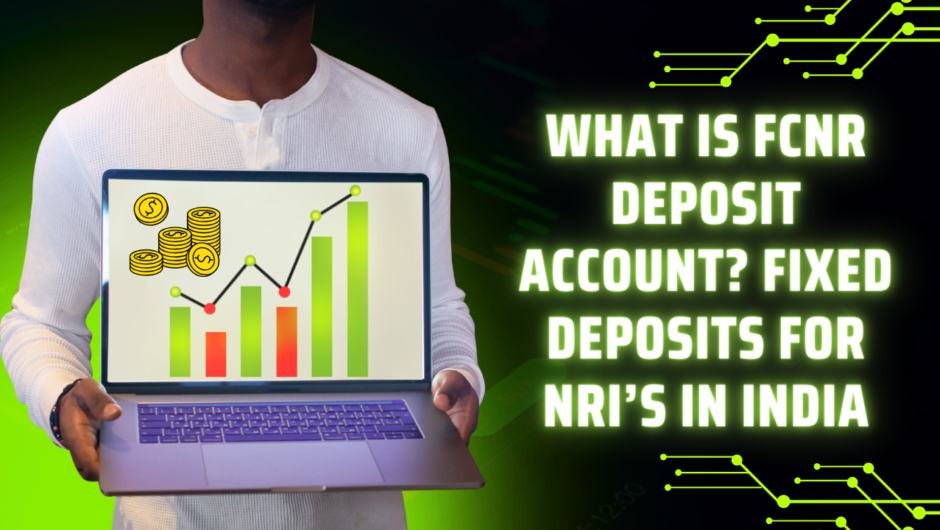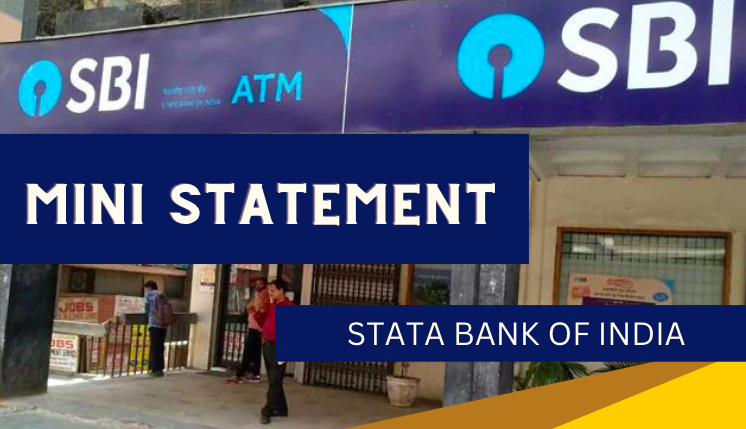Cryptocurrency wallets are essential tools for securely storing digital assets in the volatile world of crypto. These wallets provide users with a secure and convenient way to manage their cryptocurrencies, offering various levels of security and accessibility. From hardware wallets that store assets offline to software wallets accessible through desktop or mobile devices, the options cater to diverse needs. With the increasing popularity of cryptocurrencies, selecting the right wallet becomes crucial to safeguarding investments. Understanding the features, security measures, and ease of use of different wallet types empowers users to make informed decisions to protect their digital wealth.

Top 7 Cryptocurrency Wallets for Storing Digital Assets Securely are:
1. Ledger Nano X
The Ledger Nano X is one of the premier choices for cryptocurrency enthusiasts seeking top-notch security combined with user-friendly features. As a hardware wallet, the Ledger Nano X offers an unparalleled level of protection by keeping users’ private keys offline, away from potential cyber threats. This device utilizes a secure element chip to safeguard sensitive data, ensuring that even if the wallet is connected to a compromised computer, the keys remain secure.
Advantages of the Ledger Nano X is its support for a wide range of cryptocurrencies, including Bitcoin, Ethereum, Ripple, and many others. This versatility allows users to manage multiple digital assets conveniently from a single device. Additionally, the Ledger Live companion app provides a seamless user experience, enabling easy setup, management, and tracking of cryptocurrency holdings. The device’s sleek design and compact size make it portable and convenient for users to carry their digital wealth securely wherever they go. Moreover, the Ledger Nano X features Bluetooth connectivity, enhancing its usability by enabling wireless transactions via mobile devices while maintaining robust security standards.
2. Trezor Model T
The Trezor Model T is a highly regarded hardware wallet renowned for its exceptional security features and user-friendly design, making it a preferred choice for safeguarding cryptocurrency assets. Developed by SatoshiLabs, the Trezor Model T builds upon the success of its predecessor, the Trezor One, with enhanced functionality and a sleek touchscreen interface.
The key features of the Trezor Model T is its advanced security architecture, which includes a secure element chip and passphrase encryption. This ensures that users’ private keys remain protected even in the event of physical theft or hacking attempts. Additionally, the device utilizes a hierarchical deterministic (HD) wallet, allowing users to generate an unlimited number of addresses from a single seed phrase, further enhancing security and privacy. The touchscreen interface of the Trezor Model T offers a seamless and intuitive user experience, simplifying the process of managing cryptocurrency holdings and conducting transactions. Furthermore, the device supports a wide range of cryptocurrencies, including Bitcoin, Ethereum, Litecoin, and many others, providing users with flexibility and convenience.
3. Coinbase Wallet
The Coinbase Wallet is a popular choice among cryptocurrency enthusiasts due to its combination of security, convenience, and integration with the Coinbase exchange platform. Developed by Coinbase, one of the most reputable names in the cryptocurrency industry, this software wallet offers users a seamless and user-friendly experience for managing their digital assets.
One of the standout features of the Coinbase Wallet is its robust security measures, including multi-factor authentication, biometric authentication, and private key encryption. This ensures that users’ funds are protected against unauthorized access and cyber threats. Additionally, the wallet employs industry-standard encryption protocols to safeguard sensitive data and transactions. The Coinbase Wallet also provides users with full control over their private keys, allowing them to access and manage their funds independently of the Coinbase exchange. This decentralized approach to wallet management aligns with the ethos of cryptocurrency, emphasizing self-custody and financial sovereignty.
4. Exodus
Exodus is a popular software wallet renowned for its intuitive design, broad cryptocurrency support, and built-in exchange functionality. Developed with a focus on user experience, Exodus offers a visually appealing and easy-to-navigate interface, making it accessible to both beginners and experienced cryptocurrency users alike.
Features of Exodus is its support for a wide range of cryptocurrencies, including Bitcoin, Ethereum, Ripple, and numerous altcoins. This extensive compatibility allows users to manage multiple digital assets within a single wallet, streamlining the management of diverse cryptocurrency portfolios. Security is a top priority for Exodus, with features such as encrypted private keys and backup options to ensure the safety of users’ funds. Moreover, Exodus does not store users’ private keys on its servers, further enhancing security and privacy. The wallet is available for desktop and mobile devices, providing users with flexibility and convenience in accessing their cryptocurrency holdings.
5. Trust Wallet
Trust Wallet has gained significant popularity as a mobile cryptocurrency wallet known for its emphasis on security, decentralization, and broad asset support. Acquired by Binance in 2018, Trust Wallet remains committed to its founding principles of empowering users with full control over their funds and private keys. Trust Wallet is its support for a vast array of cryptocurrencies, including major coins like Bitcoin and Ethereum, as well as numerous ERC-20, BEP-2, and BEP-20 tokens. This extensive compatibility enables users to manage a diverse portfolio of digital assets within a single, user-friendly interface.
Security is a top priority for Trust Wallet, with features such as biometric authentication, passphrase recovery, and decentralized storage of private keys. By keeping users’ keys securely stored on their devices rather than centralized servers, Trust Wallet ensures that users retain full control over their funds and sensitive information. Trust Wallet also integrates seamlessly with decentralized applications (dApps) and decentralized finance (DeFi) protocols, allowing users to access a wide range of services directly from the wallet interface. This integration enhances the utility and versatility of Trust Wallet, providing users with a gateway to the expanding world of decentralized finance.
6. Atomic Wallet
Atomic Wallet stands out as a versatile and secure multi-platform cryptocurrency wallet designed to cater to the needs of both beginners and experienced users. Launched in 2018, Atomic Wallet has quickly gained recognition for its user-friendly interface, comprehensive asset support, and robust security features. One of the key features of Atomic Wallet is its support for a wide range of cryptocurrencies, including Bitcoin, Ethereum, Litecoin, and thousands of ERC-20 tokens. This extensive compatibility allows users to manage and exchange various digital assets seamlessly within the wallet interface.
Atomic Wallet also distinguishes itself with its built-in atomic swap functionality, enabling users to perform decentralized and secure asset exchanges directly within the wallet. This feature eliminates the need for third-party exchanges and minimizes counterparty risk, enhancing the overall security and privacy of transactions. Atomic Wallet is available as a desktop application, mobile app, and browser extension, providing users with flexibility and convenience in accessing their cryptocurrency holdings across multiple devices.
7. MyEtherWallet
MyEtherWallet (MEW) is a widely-used web-based wallet specifically designed for storing, sending, and receiving Ethereum (ETH) and ERC-20 tokens. Launched in 2015, MEW quickly gained popularity among Ethereum users due to its simplicity, security features, and focus on decentralization. MyEtherWallet is its user-friendly interface, which allows both beginners and experienced users to easily manage their Ethereum-based assets. Users can access their wallet by simply visiting the MEW website, without the need to create an account or provide personal information, ensuring privacy and anonymity.
MyEtherWallet also offers a range of additional features, including support for Ethereum Name Service (ENS) domains, token swaps, and integration with decentralized finance (DeFi) protocols. These features enhance the utility and versatility of the wallet, providing users with access to a wide range of Ethereum-based services and applications.
Conclusion
Cryptocurrency wallets play a pivotal role in safeguarding digital assets securely. Whether it’s hardware wallets like Ledger Nano X and Trezor Model T, software wallets such as Coinbase Wallet and Exodus, or mobile solutions like Trust Wallet and Atomic Wallet, each offers a unique blend of security features and user convenience. Regardless of the choice, prioritizing robust security measures like encryption, multi-factor authentication, and private key control is paramount. By selecting a reputable wallet and adhering to best security practices, users can mitigate risks and enjoy peace of mind knowing their digital assets are protected in the volatile landscape of cryptocurrency.
Also Read:
- What is Dividend Investing and How to find Dividend Stocks?
- How do new mobile banking apps help access savings account better?
- Financial Advisor in India – The Best for your Financial Planning?
- What is inflation and how it impacts your financial plan?

Hello, I am Tanisha Kriplani, graduated in computer science from Delhi University. I am passionate about web content writing and have a strong interest in Data Analytics and Data Engineering.












